Death in Winterreise
MUSICAL MEANING AND INTERPRETATION
Robert S. Hatten, editor
LAURI SUURP
Death in Winterreise
Musico-Poetic Associations in
Schuberts Song Cycle

This book is a publication of
Indiana University Press
Office of Scholarly Publishing
Herman B Wells Library 350
1320 East 10th Street
Bloomington, Indiana 47405 USA
iupress.indiana.edu
Telephone orders 8008426796
Fax orders 8128557931
2014 by Lauri Suurp
All rights reserved
No part of this book may be reproduced or utilized in any form or by any means, electronic or mechanical, including photocopying and recording, or by any information storage and retrieval system, without permission in writing from the publisher. The Association of American University Presses Resolution on Permissions constitutes the only exception to this prohibition.
 The paper used in this publication meets the minimum requirements of the American National Standard for Information SciencesPermanence of Paper for Printed Library Materials, ANSI Z39.481992.
The paper used in this publication meets the minimum requirements of the American National Standard for Information SciencesPermanence of Paper for Printed Library Materials, ANSI Z39.481992.
Manufactured in the United States of America
Cataloging information is available from the Library of Congress.
ISBN 978-0-253-01100-8 (cloth)
ISBN 978-0-253-01108-4 (ebook)
1 2 3 4 5 19 18 17 16 15 14
To Tiina, Susanna, and Iiris
Contents
Preface
Franz Schuberts Winterreise provides a wealth of material for examining interactions between words and music. Indeed, the song cycles deep, many-sided, and often unpredictable quality has produced a wide-ranging body of literature on its text-music relations. Yet the existing literature has far from exhausted Winterreise; there is still much that has not been studied or that merits new interpretations. By examining in detail most of the second part of Winterreise, songs 1424, this book attempts to complement the picture, incomplete though it will remain. The choice of songs to be studied is based on the cycles poetic organization. My intention is to illuminate one narrowly defined area of the musico-poetic aspects of Winterreise, namely, how the notion of death occurs in the poems of the cycles second part and how this theme is reflected in the music. The protagonists attitude to death changes as the cycle proceeds. Initially, in Der Lindenbaum (no. 5) he wishes to avoid death, but ultimately, in the songs that I will discuss (nos. 1424), death becomes a tempting, even longed-for possibility: death would provide the lonely wanderer an escape from his painful life. It is on this positive view of death that I will concentrate, hence, the discussion of songs 1424 only. In the poems the desire for death is often contrasted with lost love, the starting point of the wanderers desolate winter journey, and I will also elucidate the relationships between lost love and death.
Past love and future death can be seen as combined into one larger subject: they both represent longing, the Sehnsucht characteristic of early German Romantic literature. But to understand the overall unfolding of Winterreise, it is important to keep in mind that the wanderer longs for two objects, not just one: the beloved in the cycles first part and death in the second. That neither yearning can be satisfied makes the cycle all the more tragic. The longing for unobtainable love and death is directly related, at a more general level, to a theme that pervades the entire cycle of Winterreise: the juxtaposition of illusion and reality. This juxtaposition affects the course of the cycle in numerous ways, so the examination of death (and its relation to lost love) provides a chance to discuss one facet of this broader theme.
The shift from looking back (to the love of the past) to abandoning hope of regaining the beloved and beginning to look ahead (to a death ultimately desired) is the foundation on which I base my interpretation of Winterreises underlying narrative. In short, longing remains the central topic, but the object of the longing changes. The change is not instantaneous, however. Rather, it moves through various stages of uncertainty, hope, determination, and frustration. These phases carry the underlying narrative to the cycles ending, a conclusion, however, that brings no consolation or peace.
In writing this study I have three aims; the first two are directly related to Schuberts cycle, while the third is more general. The first is to provide close readings of songs 1424 with a concentration on Schenkerian voice leading and expression. In this way, the study attempts to fill a clear void; although there is much general literature on Winterreise, there are surprisingly few detailed musical analyses of its individual songs. Second, I discuss the cyclical aspects and underlying narrative in of Winterreise and thereby challenge the quite widely accepted view that there is no goal-oriented trajectory in the cycle. Third, I present new methodological perspectives on the musico-poetic associations both in individual Lieder and in song cycles. Text-music relationships are discussed in separate songs at three levels: imitation, emotions, and structural relationships. Most important, this study introduces one way of examining structural relationships between music and text without suggesting that music directly represents the semantic content of a text. With song cycles, in turn, the study introduces novel methodological ways of elucidating poetic narrative, harmonic unity, and musical cross-references.
* * *
This book is divided into three parts. introduces some principles of Greimassian semiotics and Schenkerian analysis that will be applied in examining the poetic and musical structures, respectively. This pairing of Greimassian and Schenkerian theories provides a novel means for discussing structural musico-poetic associations.
) offers analyses of songs 1424. Each analysis proceeds in three stages: first, the music and the text are discussed independently; thereafter, the discussion of the musico-poetic associations is based on these. In addition to poetic and musical structures (which are elucidated, as noted above, through Greimassian and Schenkerian theories), the analyses take into account textual and musical expression as well as musical imitation. Each song is studied as a closed entity, with only a few passing references made to the overall course of the cycle.
, the epilogue, suggests a rather precise meaning for the notion of death in Winterreise.
The three parts differ from each other in their orientation. The first and third are quite general, mostly requiring no specific music-theoretical knowledge. The second, by contrast, consists of detailed analyses of songs 1424, and here the reader should have knowledge of the principles of Schenkerian analysis. At the end of each analytical chapter in
Acknowledgments
This study has been greatly influenced by many people, including colleagues who have commented on various drafts and analyses, as well as scholars whose ideas have influenced my way of thinking. It is not possible to mention all of the individuals who have, either directly or indirectly, molded my musical views generally or my approach to Winterreise in particular. Yet there are several people whose influence has been so remarkable that their roles must be acknowledged.
Professor Carl Schachter has had a great impact on my musical thinking. Even though I havent discussed the songs of
Next page

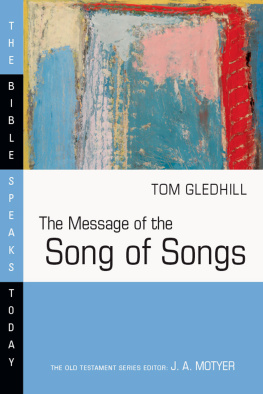
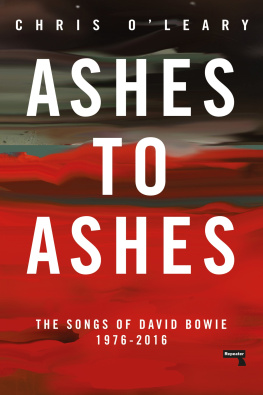
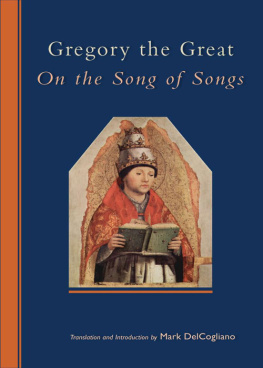
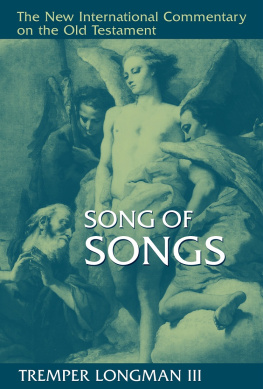
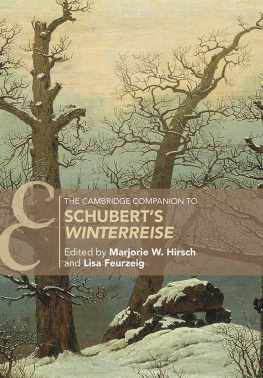
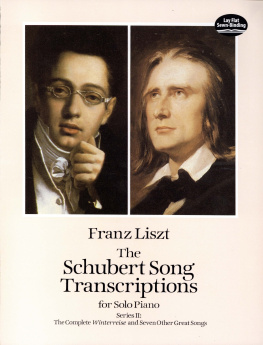
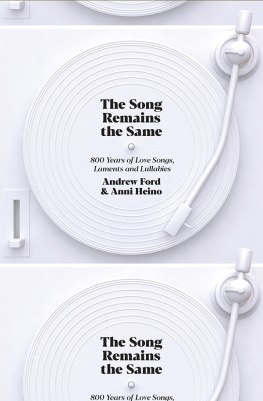
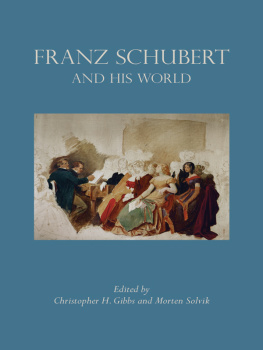

 The paper used in this publication meets the minimum requirements of the American National Standard for Information SciencesPermanence of Paper for Printed Library Materials, ANSI Z39.481992.
The paper used in this publication meets the minimum requirements of the American National Standard for Information SciencesPermanence of Paper for Printed Library Materials, ANSI Z39.481992.